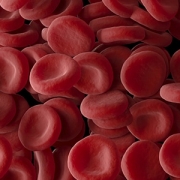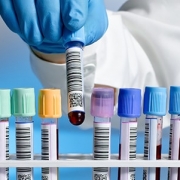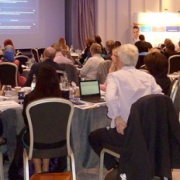French plans for a genomic healthcare future
As France sets out genomic ambitions, we compare the 100,000 Genomes Project and explore potential for future commercial collaboration
Although medical and scientific communities in the UK have been absorbed by European matters in recent days, one genomics development has (perhaps unsurprisingly) failed to attract as much attention as it deserves. France has joined the UK and other international powers by announcing ambitions to develop a large-scale genome sequencing operation for healthcare.
The ‘French Genome Project’
A new report, France Médecine Génomique 2025, sets out proposals for an investment of €670 million over the first five years of the new ‘French Genome Project’, to be accompanied by commercial contributions worth another €230 million. It was presented to the French Prime Minister Manuel Valls by Yves Lévy, CEO of Inserm and Chairman of the French National Alliance for Life Sciences and Health (Aviesan), a coalition of stakeholders who want to see life sciences research successfully translated into improved healthcare.
The report sets out a vision for France to ‘consolidate its leading position’ in the field of personalised or precision medicine by establishing a network of centres for rapid, high-throughput genome sequencing and analysis that will be able to handle 235,000 genomes annually by 2020. The French government, having requested this report, have said they will fully support implementation of the plans and monitor progress via a strategic committee chaired by the Prime Minister.
Differences from the 100,000 Genomes Project
Recent UK proposals for redesigning genomic laboratory provision suggested a single national NHS ‘hub’ supported by a network of expert centres for diagnostic genomic analysis and interpretation, and larger numbers of local laboratories for rapid, routine forms of testing and analysis. The French model differs, planning for twelve sequencing centres and two national centres for expert analysis. Instead of Genomics England, the NHS England-owned company charged with delivery of the 100,000 Genomes Project, the genomics and bioinformatics infrastructure organisation France-Genomique (France Genomics) will support the initiative.
The disease focus is also slightly different from that of the English counterpart, with plans for the French project to begin by sequencing genomes not only from patients with rare diseases and cancers, but also forms of diabetes, which is noted as an urgent priority for research to help develop better targeted treatments. After 2020, the project will widen scope to also include genome sequencing of patients with other common forms of disease. The ambition to process 235,000 genomes annually is perhaps mildly misleading, comprising as it does not only whole genome sequences but also the shorter (but generally more clinically useful) transcriptome and exome sequences – just as the 100KGP plans to do.
A shared vision?
Although the French genome project is likely to differ from the English counterpart, there is a clear intention to build on the 100,000 Genomes Project model, especially with respect to commercial collaboration. The UK initiative relies on substantial contributions from the multinational DNA sequencing company Illumina, as well as working with a number of other companies on data management, security and analysis.
The French report actively recommends discussion with Genomics England to learn from their example, and ultimately create (in fairly short order) a genome sequencing and analysis infrastructure and systems to support delivery of what is sometimes described as ‘P4 medicine’ (predictive, preventive, personalised and participatory) to the French population.









